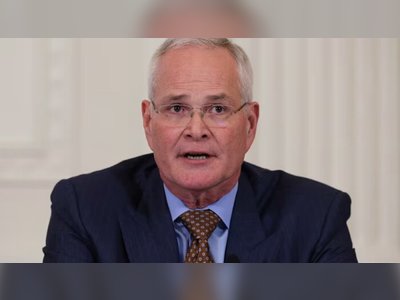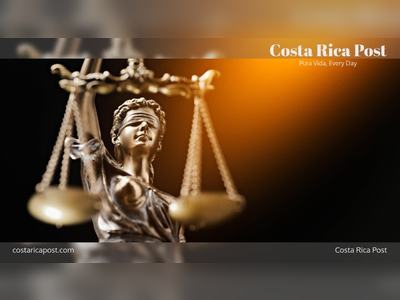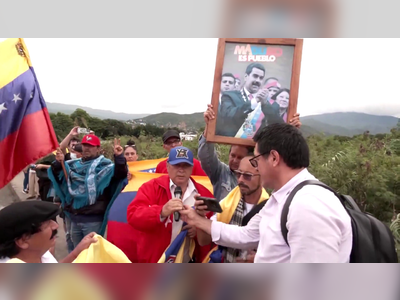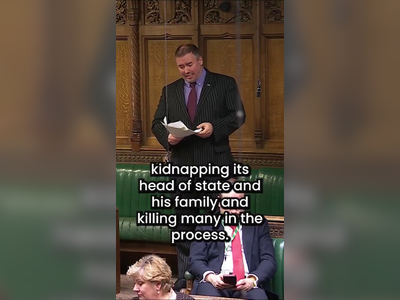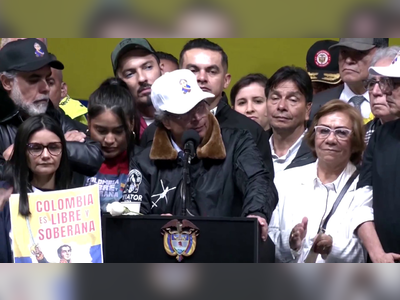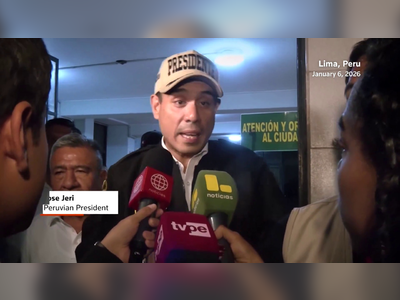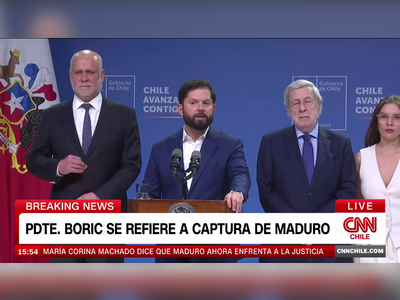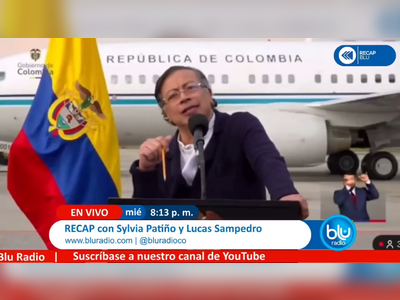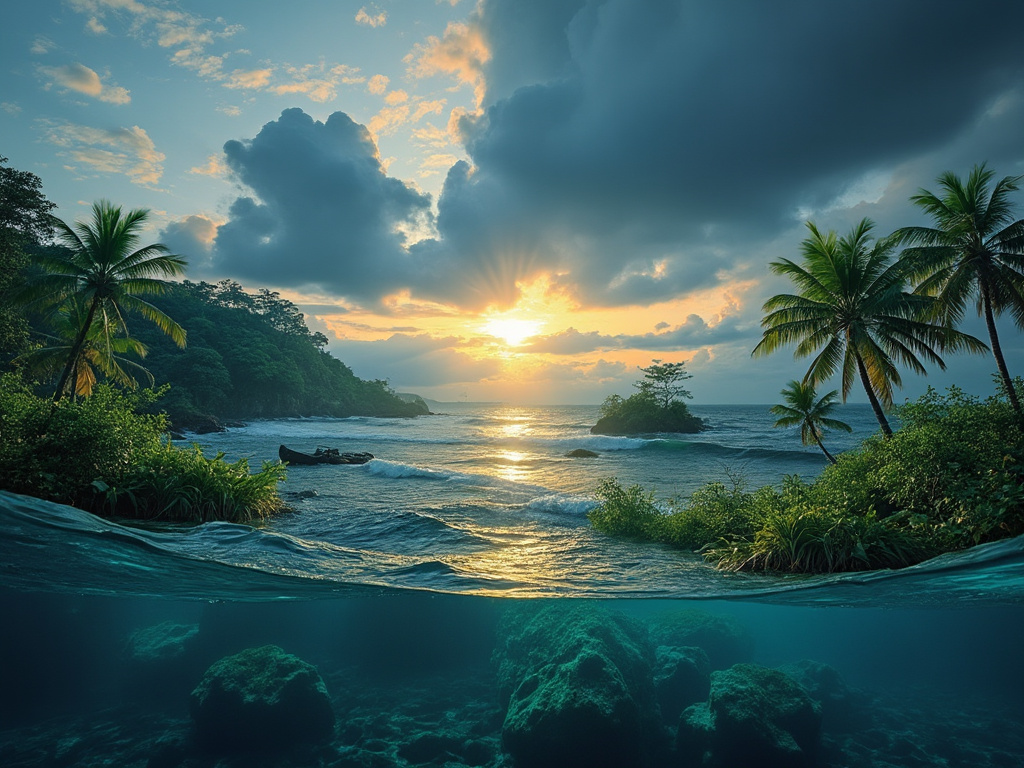
Costa Rica Withdraws Support for UN 2030 Agenda, Sparking Global Concern
President Rodrigo Chaves' decree to revoke funding for Sustainable Development Goals raises alarms among environmentalists and international observers.
President Rodrigo Chaves has officially withdrawn Costa Rica’s support for the United Nations’ 2030 Agenda, issuing a decree that revokes institutional funding and the public interest status associated with the Sustainable Development Goals (SDGs).
This significant policy shift, communicated through an extraordinary decree published in the official gazette on April 2, 2025, suggests a reorientation for a country previously recognized as a leader in sustainability initiatives.
The 2030 Agenda, established in 2015, encompasses 17 goals aiming to eradicate poverty, combat climate change, and promote sustainable development across various dimensions including human rights.
Costa Rica has historically aligned itself with these objectives, showcasing a commitment through substantial achievements in renewable energy and biodiversity conservation.
Environmental advocacy group Bloque Verde has strongly condemned this withdrawal, labeling it as an “ecocidal policy” that could severely undermine Costa Rica’s global standing on environmental issues.
They particularly highlighted concerns regarding the nation co-hosting the Third UN Conference on the Ocean in June 2025, questioning the government’s legitimacy to lead discussions focused on SDG 14, which emphasizes the protection of marine ecosystems.
The group pointed to recent environmental controversies, including a shark fin transfer scandal, decreased regulatory oversight in the Gandoca-Manzanillo Refuge, and adjustments to pesticide limits permissible in drinking water, as signs of regression in environmental governance since Chaves took office.
The implications of this decision may affect Costa Rica's international relations, particularly its reputation as a pioneer in ecological conservation.
The U.N. has expressed apprehension regarding the timing of Costa Rica’s withdrawal, with indications that it could complicate collaborative efforts tied to the SDGs, particularly in light of upcoming global summits where unified action is essential.
Briefing publications about this matter, a U.N. official, who wished to remain anonymous, articulated “deep concern” surrounding the ramifications of this policy shift, especially in connection to the forthcoming ocean summit which relies heavily on international cooperation and shared commitments to sustainability.
While the Chaves administration has not publicly clarified its rationale behind this decision, observers speculate that financial constraints or a strategy aimed at enhancing national sovereignty may be influencing factors.
The political landscape remains charged, with opposition leaders yet to issue formal statements, although public discourse regarding this development is growing.
Bloque Verde has publicly appealed for a reversal of the decision, emphasizing the need to protect natural resources as a foundation for effective stewardship of marine ecosystems.
This significant policy shift, communicated through an extraordinary decree published in the official gazette on April 2, 2025, suggests a reorientation for a country previously recognized as a leader in sustainability initiatives.
The 2030 Agenda, established in 2015, encompasses 17 goals aiming to eradicate poverty, combat climate change, and promote sustainable development across various dimensions including human rights.
Costa Rica has historically aligned itself with these objectives, showcasing a commitment through substantial achievements in renewable energy and biodiversity conservation.
Environmental advocacy group Bloque Verde has strongly condemned this withdrawal, labeling it as an “ecocidal policy” that could severely undermine Costa Rica’s global standing on environmental issues.
They particularly highlighted concerns regarding the nation co-hosting the Third UN Conference on the Ocean in June 2025, questioning the government’s legitimacy to lead discussions focused on SDG 14, which emphasizes the protection of marine ecosystems.
The group pointed to recent environmental controversies, including a shark fin transfer scandal, decreased regulatory oversight in the Gandoca-Manzanillo Refuge, and adjustments to pesticide limits permissible in drinking water, as signs of regression in environmental governance since Chaves took office.
The implications of this decision may affect Costa Rica's international relations, particularly its reputation as a pioneer in ecological conservation.
The U.N. has expressed apprehension regarding the timing of Costa Rica’s withdrawal, with indications that it could complicate collaborative efforts tied to the SDGs, particularly in light of upcoming global summits where unified action is essential.
Briefing publications about this matter, a U.N. official, who wished to remain anonymous, articulated “deep concern” surrounding the ramifications of this policy shift, especially in connection to the forthcoming ocean summit which relies heavily on international cooperation and shared commitments to sustainability.
While the Chaves administration has not publicly clarified its rationale behind this decision, observers speculate that financial constraints or a strategy aimed at enhancing national sovereignty may be influencing factors.
The political landscape remains charged, with opposition leaders yet to issue formal statements, although public discourse regarding this development is growing.
Bloque Verde has publicly appealed for a reversal of the decision, emphasizing the need to protect natural resources as a foundation for effective stewardship of marine ecosystems.
